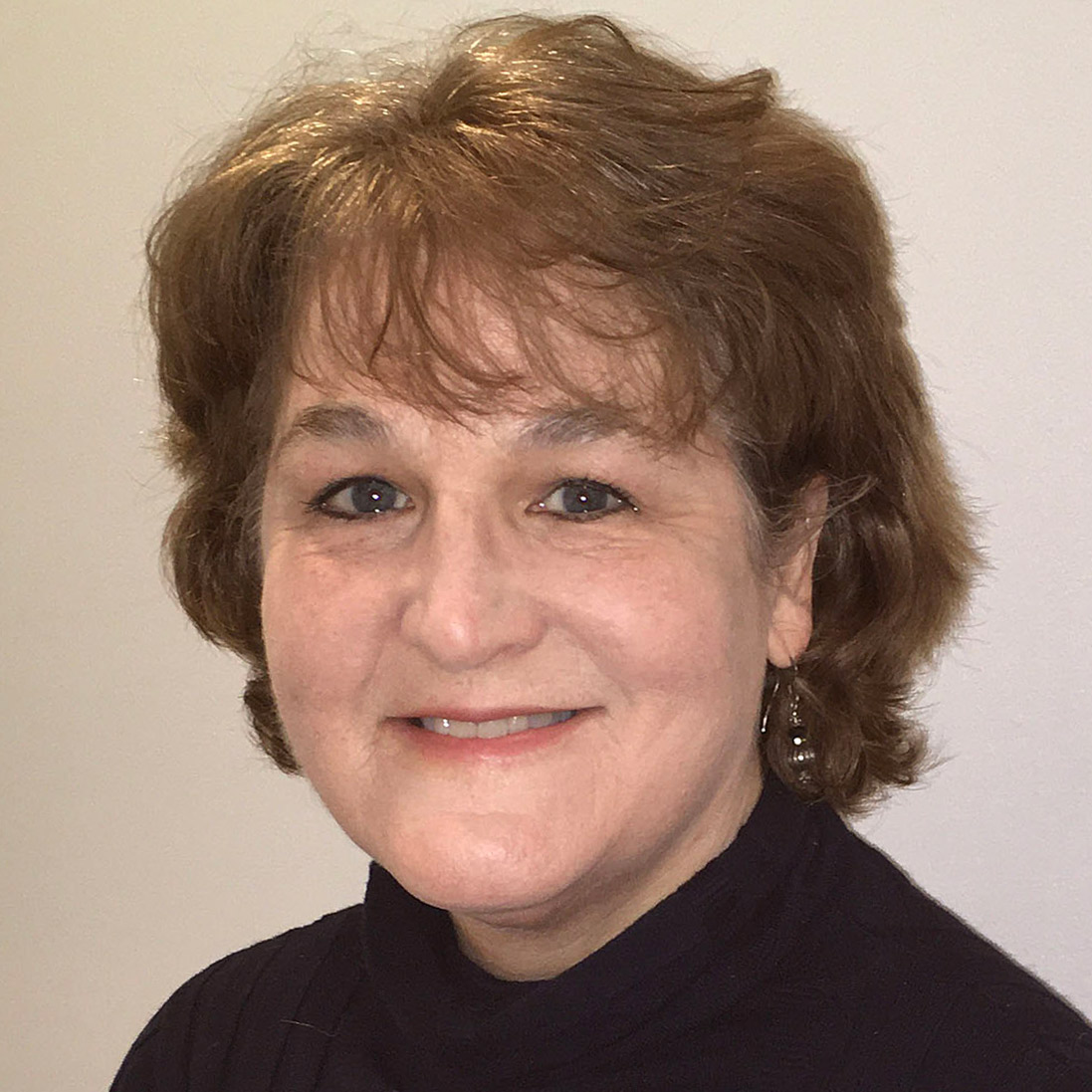Key takeaways:
Shari Eberts first noticed her hearing loss in graduate school when she missed parts of lectures.
Her family history of hearing loss gave her clues, but she ignored the symptoms for years.
Today, she helps others live well with hearing loss and works to reduce the stigma.
Author Shari Eberts first noticed her hearing issues in her mid-20s while attending graduate school at Harvard University.
At first, the signs were subtle. Early in her first semester, she realized she wasn’t hearing everything her instructors said.
It started with missed words in class
At first, it was the asides or a joke that would send a ripple of laughter through the class. She looked around confused about what she had missed.
She started to realize something was off but didn’t want to admit it to herself.
Her family history was another early clue
Hearing loss wasn’t new to Shari’s family. Her father experienced hearing loss, as did his mother before him.
“It was something I guess I had always had in the back of my mind and hoped that I might escape,” says Shari, who’s now 55 and lives in New York City.
Her father had progressive sensory neural hearing loss and began wearing hearing aids when Shari was a child. But the stigma weighed heavily on him. He grew sideburns over his ears to hide the hearing aids.
“He was very, very stigmatized by it. It was just not something that we really ever talked about or acknowledged or discussed,” Shari says.
Because of her family history, Shari got tested. A clinician acknowledged that she had mild hearing loss but said there was little she could do about it — and sent her back to class.
Read more like this
Explore these related articles, suggested for readers like you.
How she learned to fake it
For a long time, Shari managed to mask her hearing problems. She learned to fill in the gaps. She got pretty good at covering up her disability. And because she was missing words, not entire lectures, she managed.

“That gave me the perfect excuse to just ignore it and deny it and pretend it wasn't happening for many years,” she says.
“At the time, it was a little like being a duck, paddling so hard beneath the water.”
Shari finished her MBA and began working as an equity research analyst. But over time, her hearing problems got worse. A couple of years later, she started having trouble hearing some of her clients. She knew she had to get hearing aids.
Why she avoided hearing aids
Even after getting hearing aids, Shari wouldn't wear them often. She would put them in before important meetings or if she knew she wouldn’t be able to hear a particular client.
Shari says society’s attitude toward hearing loss made things harder.
“Even today, if you watch television programs and somebody’s hard of hearing, it’s only to look foolish. It’s only to be the joke,” she says. “I feel like society is still OK to make fun of hearing loss in a way that it’s not OK to make fun of other disabilities.”
That stigma at first kept her from using hearing aids outside of “desperate situations.”
“I didn’t want hearing aids. I didn’t want to be old. I didn’t want to be slow. I didn’t want to be broken. I didn’t want to be weak,” she says.
Most of the time she didn't wear them, but she learned to change that habit. “A best practice, really, is to wear your hearing aids as much as possible, because then your brain gets used to the way things are supposed to sound.”
Turning a challenge into advocacy
After her career as an equity analyst, Shari moved into management and became associate director of the U.S. Equity Research Department. Then she left her corporate career to focus on hearing loss advocacy.
She co-wrote a book, produced a documentary, consults on policy issues, and produces a blog about hearing loss. She also speaks at conferences and guests on webinars and podcasts. She says she wants to help people live more comfortably with their own hearing loss.
“It's not just about hearing better, it's actually about communicating better,” Shari says.
She also encourages audiologists to teach patients how to ask for accommodations, such as adding captions to Zoom calls or finding accessible theater performances.
Finding support can help
Shari says finding a community can make living with hearing loss easier. Groups such as the Hearing Loss Association of America offer local meetings. Social media groups can also provide advice and encouragement.
“I met other people with hearing loss, and I saw how successfully people were living,” Shari says. “It just gave me so much hope. And I realized that there are ways to live well with it. And I just didn't feel so alone.”
Shari’s advice for others with hearing loss
Shari shares these tips for others navigating hearing loss.
Wear your hearing aids consistently so your brain can adjust.
Ask for accommodations, such as captions or assistive listening devices.
Join support groups to connect with others who understand.
Communicate your needs clearly to those around you.
Shari suggests practicing self-advocacy in everyday situations.
If you're sitting next to someone on an airplane, you may say, “I have hearing loss, and I might not hear the pilot make an important announcement. If you wouldn't mind, just tap me on the shoulder. Could you let me know if something's going to happen?’”
She says most people are understanding.
Over time, “it just becomes more routine and less challenging to talk about” your hearing loss, Shari says. “And in almost all cases, this stranger is going to react very positively.”

Why trust our experts?





















